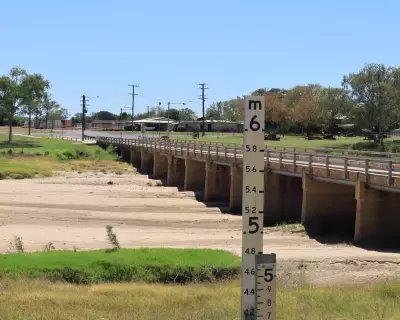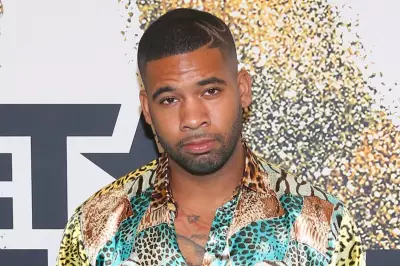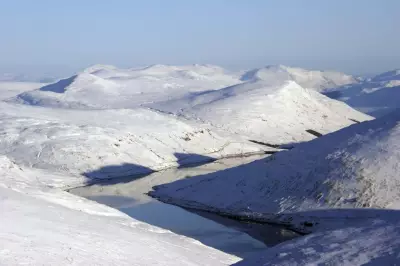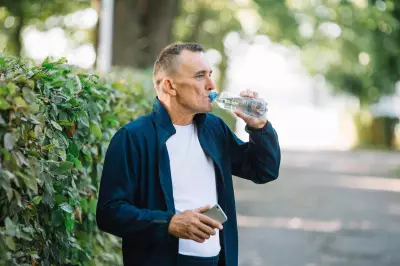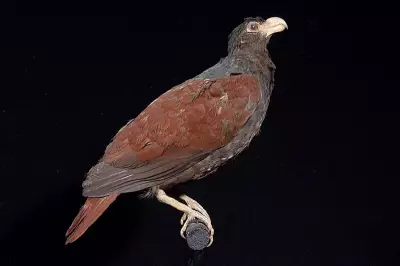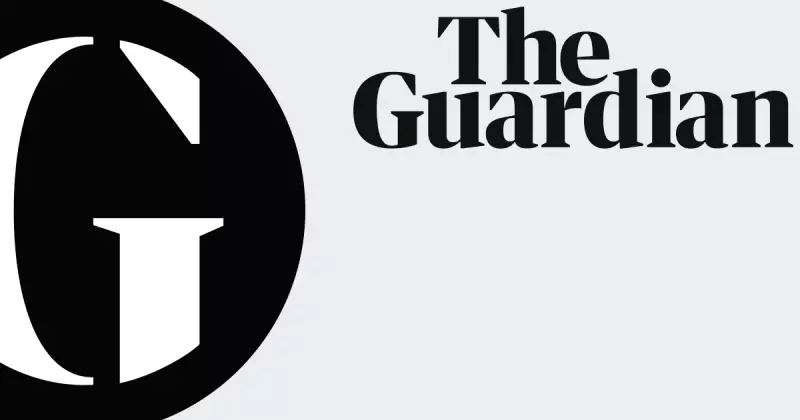
Indigenous Activists Halt Cop30 Proceedings in Dramatic Protest
In a powerful display of dissent, approximately 50 members of the Munduruku Indigenous community from the Amazon basin successfully blockaded the primary entrance to the Cop30 climate summit for several hours early on Friday morning. The protesters, supported by international environmental organisations, demanded a direct audience with Brazil's President, Luiz Inácio Lula da Silva, to voice their grievances regarding the plight of the country's Indigenous peoples.
Confrontation and Compromise at the Summit Entrance
The dramatic protest unfolded under the watchful eyes of a substantial security presence, including riot police, soldiers, and military vehicles. One protester expressed their collective frustration, stating, "We demand the presence of President Lula, but unfortunately we are unable to do so, as always. We were always barred, we were never listened to."
While President Lula did not appear, the demonstrators did secure a significant concession. André Corrêa do Lago, the amiable Cop president, spent over an hour in detailed discussions with representatives from the Munduruku group. This dialogue forced summit organisers to divert delegates through a smaller side entrance, creating lengthy queues outside the main conference centre.
Broader Context of Civil Society Engagement at Cop30
This protest represents merely one facet of expected activism during the Belém summit, marking the first UN climate conference held in a democracy in four years. Senior figures at Cop30 have actively encouraged civil society participation, with UN Secretary-General António Guterres telling The Guardian that Indigenous and other people's organisations are essential to counterbalance corporate lobbyists' influence.
An analysis by the Kick Big Polluters Out coalition revealed that one in every 25 participants at this year's summit is a fossil fuel lobbyist. Meanwhile, Corrêa do Lago has emphasised that civil society will play a crucial role in elevating negotiators' ambition levels.
The activist spirit has permeated the entire conference, with hundreds arriving in Belém via boats along the Amazon River. On Wednesday, more than 100 vessels participated in a protest flotilla on Guajará Bay near the Federal University of Pará, which hosts a parallel "people's summit."
Future Demonstrations and Negotiation Progress
Further activism is planned, including a procession featuring two inflatable serpents symbolising resistance through Cop30's streets. Civil society groups have organised more than four events daily, ranging from protests against agribusiness and mining to rallies supporting Palestine, health, women's rights, and Indigenous land demarcation.
A significant development from civil society this year is the proposal for a Belém Action Mechanism (BAM), which would coordinate and accelerate a "just transition" toward a low-carbon economy. As Louiza Salek from the working group on Indigenous food sovereignty noted, "After three Cops with absolutely no demonstrations allowed, I feel like people want to be heard. We are all together and mobilising."
Inside the conference halls, negotiations continue intensively, with official hours extended until 9pm on Thursday to address four particularly challenging issues: finance, trade, emissions-cutting pledges, and transparency. Similar extensions were anticipated for Friday as Brazil strives for progress ahead of a critical stocktake session on Saturday.

